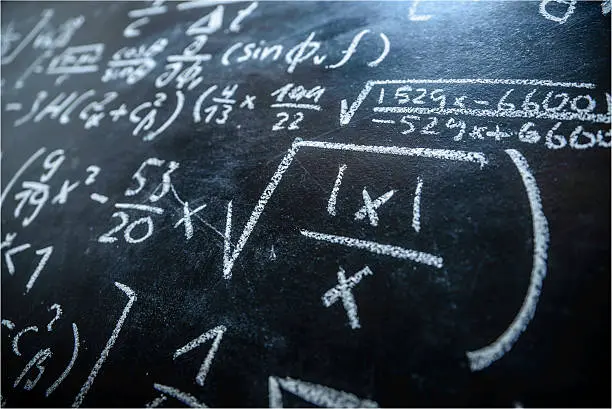
Infinity Unveiled: Navigating the Mysteries of Higher Mathematics
- Admin
In the abstract realm of higher mathematics, few concepts captivate the imagination as profoundly as infinity. The notion of infinity transcends finite bounds, challenging our understanding of quantity, space, and structure. In this article, we embark on a journey through the enigmatic landscape of infinity in higher mathematics, unraveling its complexities, paradoxes, and far-reaching implications.
Infinity in Mathematical Analysis:
In the realm of mathematical analysis, infinity serves as a fundamental concept in understanding limits, continuity, and convergence. Through the study of limits and infinite series, mathematicians explore the behavior of functions as they approach infinity or approach zero, uncovering deep insights into the nature of mathematical functions and their behavior in the infinite domain.
Cantor's Set Theory:
Georg Cantor's revolutionary contributions to set theory paved the way for a deeper understanding of infinity. Cantor introduced the concept of different sizes of infinity, demonstrating that not all infinities are created equal. His work on transfinite numbers and the continuum hypothesis challenged conventional mathematical thinking, reshaping the foundations of mathematical logic and set theory.
Infinity in Geometry and Topology:
In geometry and topology, infinity manifests in the study of infinite-dimensional spaces and manifolds. Mathematicians explore the properties of spaces that extend indefinitely in all directions, revealing intricate structures and topological properties that defy conventional intuition. Concepts such as the projective plane and the infinite-dimensional Hilbert space offer glimpses into the rich tapestry of infinite geometries.
The Paradoxes of Infinity:
Infinity gives rise to a host of paradoxes and counterintuitive phenomena that challenge our understanding of the finite. From Zeno's paradoxes of motion to the Banach-Tarski paradox of set theory, infinity confronts us with seemingly impossible scenarios and logical contradictions. Yet, it is through grappling with these paradoxes that mathematicians gain deeper insights into the nature of infinity and its implications for mathematical reasoning.
Applications of Infinity:
Beyond theoretical exploration, infinity finds practical applications in diverse fields, including physics, computer science, and engineering. In physics, concepts such as infinite series and limits underpin theories of quantum mechanics and general relativity. In computer science, infinity is harnessed in algorithms for optimization, cryptography, and data analysis. In engineering, infinity informs models of fluid dynamics, structural mechanics, and signal processing.
Conclusion:
In conclusion, the concept of infinity stands as a pillar of higher mathematics, shaping the way we perceive and understand the universe. From its foundational role in mathematical analysis to its far-reaching implications in geometry, set theory, and beyond, infinity serves as a gateway to new realms of mathematical inquiry and exploration. As we continue to navigate the mysteries of infinity, we embark on a journey of discovery that transcends finite bounds and unlocks the infinite potential of the mathematical universe.
